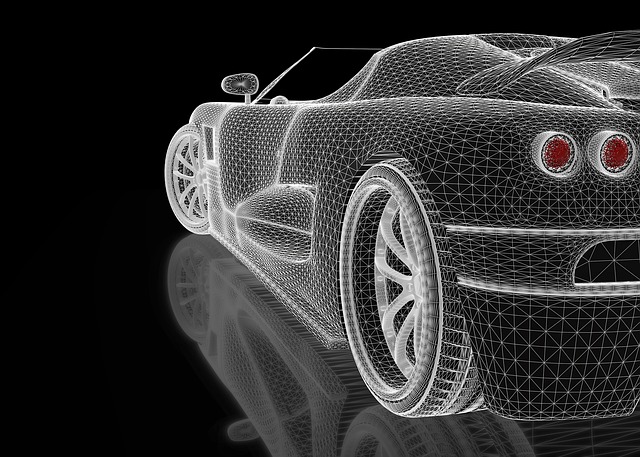
Electric vehicles (EVs) have become a popular alternative to conventional combustion-engine vehicles. According to a report by Edison Electric Institute (EEI), the number of EVs on U.S. roads is expected to exceed 26 million by 2030. EVs, of course, are characterized by their use of an electric engine. The engine is powered by battery-supplied electricity rather than gas-and-air combustion. Even if you’re familiar with the basic mechanics of EVs, though, you might be surprised to learn about these EV myths.
#1) EVs are New
Many people assume that EVs are a relatively new invention, but this isn’t the case. They’ve actually been around for many years. One of the first EVs can be traced all the way back to the 19th century. In the 1930s, British inventor Robert Anderson developed a basic EV. In the 1890s, American chemist William Morrison developed another EV.
#2) EVs Cost More Than Combustion-Engine Vehicles
Think EVs cost more than combustion-engine vehicles. They may have a higher sticker price, but you’ll typically save money in the long run by driving an EV. This is because electricity costs less than gasoline. Furthermore, EVs come with tax incentives and require less maintenance than their combustion-engine counterparts.
#3) There Aren’t Many Charging Stations
Another common myth is that there aren’t many charging stations for EVs. Charging stations are the equivalent of gas stations for EVs. They consist of charging points. Drivers can stop at a charging station and hook up to their EVs to charge the battery. In the past, charging stations were few and far between. But there are now tens of thousands of charging stations in the United States.
#4) EVs Are Only Suitable for Short Trips
You can drive an EV on short or long trips. Some of the earliest EVs did, in fact, have a limited range. Modern EVs, though, have been updated and improved to support longer driving distances. Many of them can now run for 200 miles or more on a single charge.
#5) Charging an EV Takes Hours
You don’t have to wait hours for your EV to charge. There are fast chargers that live up to their namesake by offering blazing-fast charging times. Also known as rapid chargers, they can charge EV batteries to 80% capacity in about a half-hour.
#6) EVs Aren’t as Powerful as Combustion-Engine Vehicles
They may not run on gasoline, but EVs are absolutely powerful. They have instant torque. As your foot presses the pedal, the EV will accelerate. Combustion-engine vehicles don’t offer instant torque, which can make them feel less powerful than EVs.

